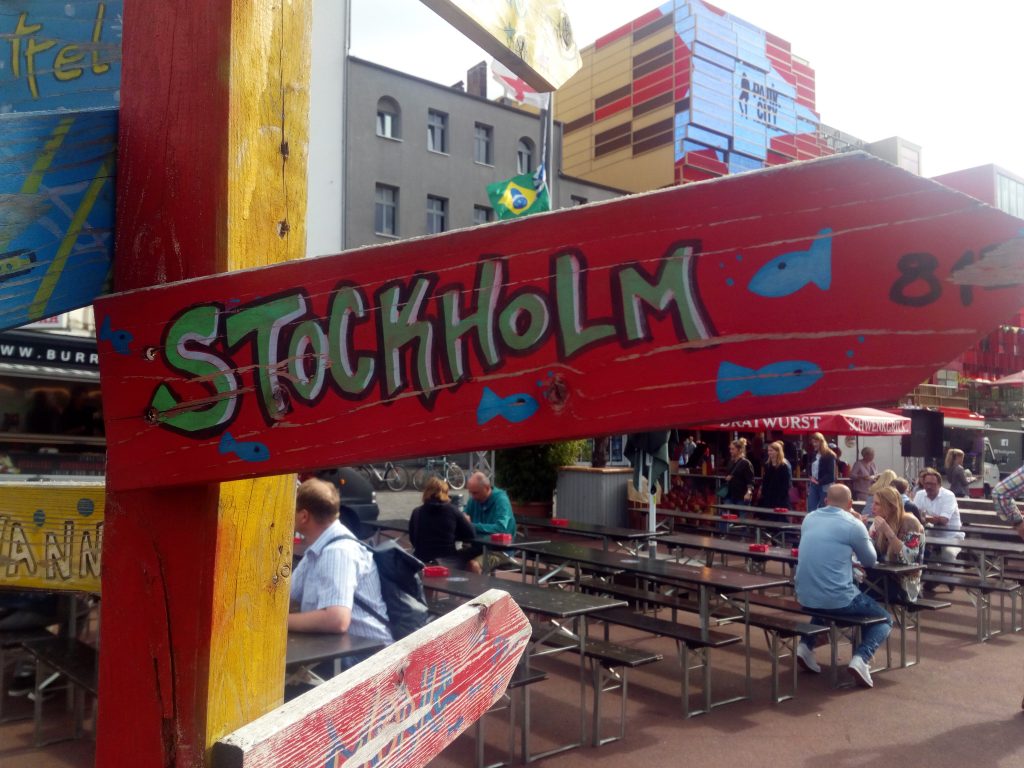The road less travelled: Navigating without algorithms
As I embark on my summer travels, I have resolved to ignore the recommended routes on my satnav and to get off the beaten track. Join me.

Tuesday 10 July 2018
Literature and popular culture are littered with mentions of the ‘road less travelled'. It is ensconced in our lexicon like a tick between the toes, so much so that its meaning becomes more baffling for every new song or misquote.
M Scott Peck's eponymous book, which came out in 1978, probably started the confusion with its focus on what it takes to be a fulfilled human being, venturing into forests of soul-searching stuff like love, discipline, ethics, religion, spiritual growth, serendipity, grace, lying, suffering … and evil. With the knack of an acupuncturist's needle, Scott's book had anticipated the ailments of an emerging ‘self-help' generation.
To Scott, a psychiatrist by trade, the potted road of spiritual development could be travelled in four stages, from chaos to blind faith to scientific scepticism and finally reaching the end destination where you can enjoy the mystery and beauty of nature and existence.
Evil, he suggests, is understood as much by what we do as what we don't do: evil fuelled by self-deception as people try to maintain perfect self-images, to which they must deceive others, the scapegoats of their lives…
Confusing? Well, I think so. Why can't the road less travelled be simpler or perhaps more literal, something like not being afraid to get off the beaten track or swerving away from the high road, for the sake of keeping the metaphor going.
This occurs to me as I plan my road trip to our cottage south of Stockholm, an annual summer pilgrimage, that the life of order, routine, comfort (for many) is rooted in arterial thinking. The idea being to channel as much stuff through the major arteries, or motorways of life, to be sure we get from A to B with the least disruption or disharmony. There are only so many hours in a day, only so many foreseen or unforeseen alternate passages for this ‘lifeblood' before we revert to form, take the easy way out, the fastest route.
That's fine, most of the time, because even the most free-spirited souls still need some regularity. They have to eat to live, sleep to dream, imbibe to create … But for the vast majority of people it means narrowly interpreting what an alternate route would look like, the points of interest along the way and what may or may not constitute something ‘scenic'.
The long way round may once have been wise to avoid highwaymen, but today it strikes most ‘busy' people and casual observers as wasteful, unnecessary, and costly (in time, money and perhaps spiritual ‘energy'). And besides, plying the byways of life has become so damned hard when easy options abound.
More and more of us delegate life-planning to artificial intelligence, the neat algorithms like Google Drive that navigate our journeys for us – complete with eerily accurate deviation ‘costs' in terms of the time it takes out of our lives. We are left wondering whether we are really in charge. It seems almost impolite to ignore the recommended readings by Amazon's helpful AI assistant and the suggested viewing by Netflix's digital curator, or ‘Lord Netflix' to the truly flix-addicted whose numbers are growing by the minute.
So, the ‘road less travelled' today could simply be ignoring the recommended route to Stockholm, avoiding the trending films or suggestions, reading books picked up at flea markets … It could mean choosing slower means of transport and, by default, taking longer to get from A to B.
But that sounds okay to me when the main arteries get clogged up with everyone else making a beeline to Peck's stage four of spiritual development, sustained just barely by a gut-full of gas-station grease and coffee. Join me as I find out what is in store as I venture off the algorithms.
_____
Read part II: Overwhelmed at Overloon

